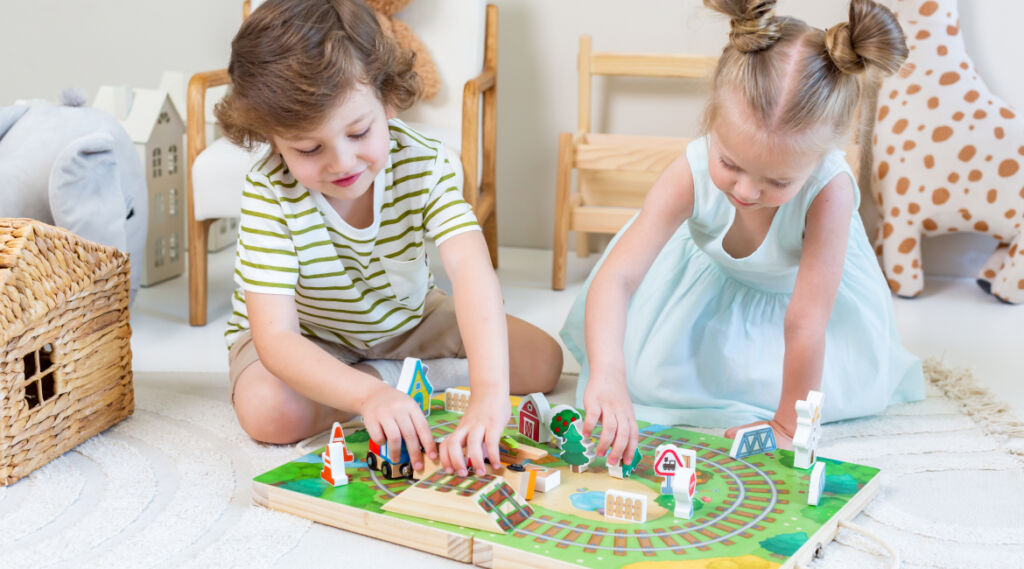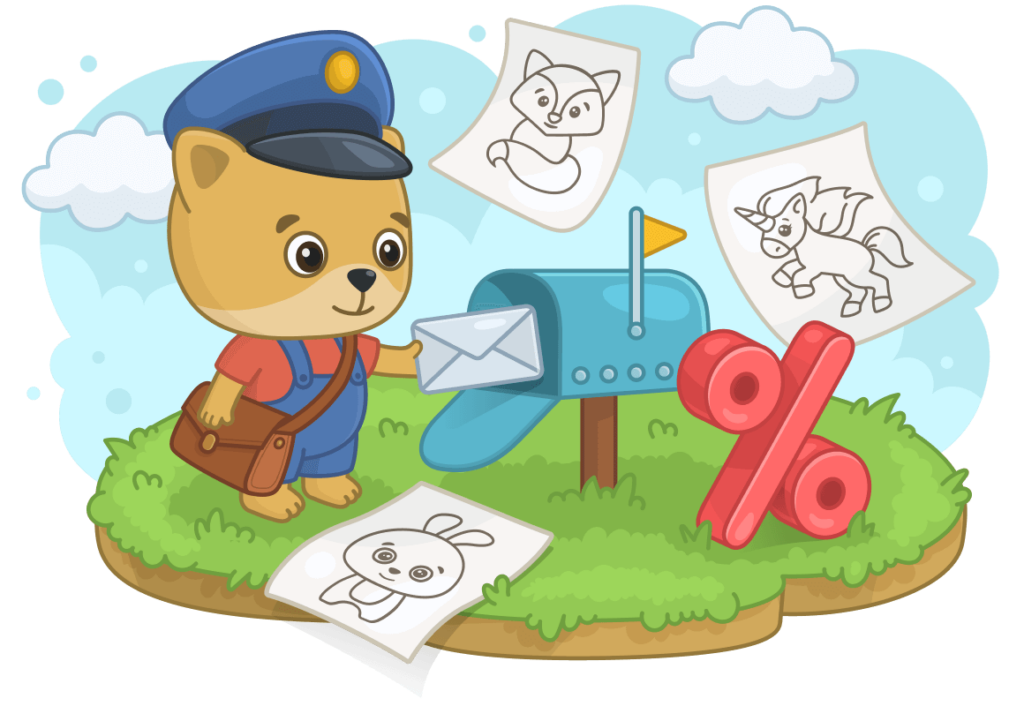If you are a parent, you may have dealt with your fair share of aggression from your kids.
It is not unusual for a toddler or kid younger than 4 to exhibit forms of aggression like meltdowns, tantrums, or violence.
Most children outgrow this aggressive behavior by kindergarten, while others carry the trait to their teen years.
It results in problems with their peers, loved ones, and even at school for the latter children.
The Characteristics of an Aggressive Child?
Apart from the common tantrums when your child does not get their way, a child with aggression problems exhibits the following traits:
- Frequently loses their temper and easily frustrated
- Extremely irritable and hardly stays focused
- Prone to physically attack people
- Hardly takes part in class and organized activities
- Finds it hard to socialize and make new friends
- Constantly argues or pick fights with parents and authority
- Refuses to obey rules and does not accept responsibility for misdemeanour
The Causes of Aggression in Little Kids
There are a variety of reasons why children act violently.
When a child is aggressive, sometimes, the inappropriate behavior is a cover-up for emotions like pain, fear, or loneliness.
Hence the need to know the root of a child’s aggression as simply blaming it on ill manners or rudeness is dismissive to their feelings.
Considering each of the possible reasons below, these are some of the underlying causes of your child’s aggression.
1. Wanting Your Attention
There are certainly some kids that turn to violence and misbehaviors as a means of getting a reaction —positive or negative, from their parents.
Apply different parenting strategies if the child displays negative behaviors to get your attention.
Sometimes, some of their aggressive outbursts, such as power struggles, are best left unattended.
2. A Learning Disability
Another reason for their aggression is frustration as a result of an undiagnosed learning disability.
Children having cognition or communication problems with their peers and siblings often resort to impulsive outbursts.
For instance, a child with undiagnosed dyslexia is unable to learn in a typical classroom setting.
If left untreated, they have nothing to do during school hours, get into trouble or act out in frustration.
3. Environmental Factors
Kids are aggressive due to environmental factors that upset them to the point they cannot suppress their emotions.
If a child is in a dysfunctional family, bullied, or maltreated, they usually act out to express their displeasure.
So, if you discipline children when they misbehave, in a sense, it lets the kid think they have no right to express their feelings.
When it comes to building their confidence, this is the opposite of what you want to teach them.
The triggers for this form of aggression differ from socio-economic to family to classroom issues.
4. Trauma
There are times when trauma or an underlying emotional problem stimulates aggression in kids.
However, note that this aggression due to trauma is relatively uncommon, so when it could mean an unresolved emotional problem if it is persistent.

Ways to Deal with Children’s Aggression
When children throw tantrums, get aggressive or act out in unrestrained behaviors, there is no doubt that it can get unnerving.
Inappropriately handling their misbehavior makes the kid feel even more alone with the emotions they are processing.
For most people, it is exhausting managing these behaviors day in and out.
Here are several ways to deal with children’s aggression and teach them some good behavior in the process.
1. Lead by Example
Whenever you are annoyed at your kid’s misbehavior, ensure you are first calm before reacting.
If you show them that throwing tantrums and physical or verbal abuse is not helpful, they will emulate your behavior.
Remember that your children will likely follow your response, so teach them that it’s okay to talk and cry about their feelings.
Encourage sharing and dialogues rather than tantrums.
2. Teach Self-control
Self-control is a vital lesson that is useful to your kids even when they become adults.
When parenting an aggressive kid, teach them to exercise self-restraint and not show violence when angry.
All children possess the capability to control themselves, so remind them whenever they act out.
3. No Violence
Using spanking or hitting to discipline an aggressive child is unacceptable as you set a benchmark for them to follow.
Avoid this discipline strategy at all costs, as your toddler will think it is okay to resort to violence as long the other person’s smaller than them.
4. Praise Good Behaviour
A helpful way to deal with aggressive behavior is to encourage whenever your child acts correctly or behaves thoughtfully.
Praising them is like adrenaline; it lets them know that non-violence is always the appropriate habit.
5. Create a Safe Environment
Instead of suppressing aggressive behavior, allow your kid to express their negative emotions comfortably.
As they find creative ways like painting, games, etc., to let out their aggression, they also get to the root of their emotion by discussion.
Calmly, set a boundary that habits like spitting, verbal abuse or spanking are undoubtedly unacceptable and it will resort to a time-out’.
4. Reprimand Immediately
A parent must take swift action to explain the consequences of aggressive behavior.
If you wait to deal with the issues, your toddler might forget their actions and won’t get the motive of your scolding.
Never correct them for an outburst that they displayed days or months ago. Instead, you can teach them rules such as: “Do not hit people. Hitting hurts.”
Conclusion
Even though it is challenging handling kids that misbehave, rest assured that all children act out at one point.
As your child socializes and picks up different ways to express themselves via words and gestures, their aggressive practices will likely reduce.
Patience and authority are your strongest allies when it comes to dealing with an aggressive child.
Also, with the right tactics and intervention, most children will learn how to process their emotions healthily.
With time, you will notice some changes in their character.
However, if they continue to exhibit these outbursts, talk to your child’s pediatrician for a referral if needed.



